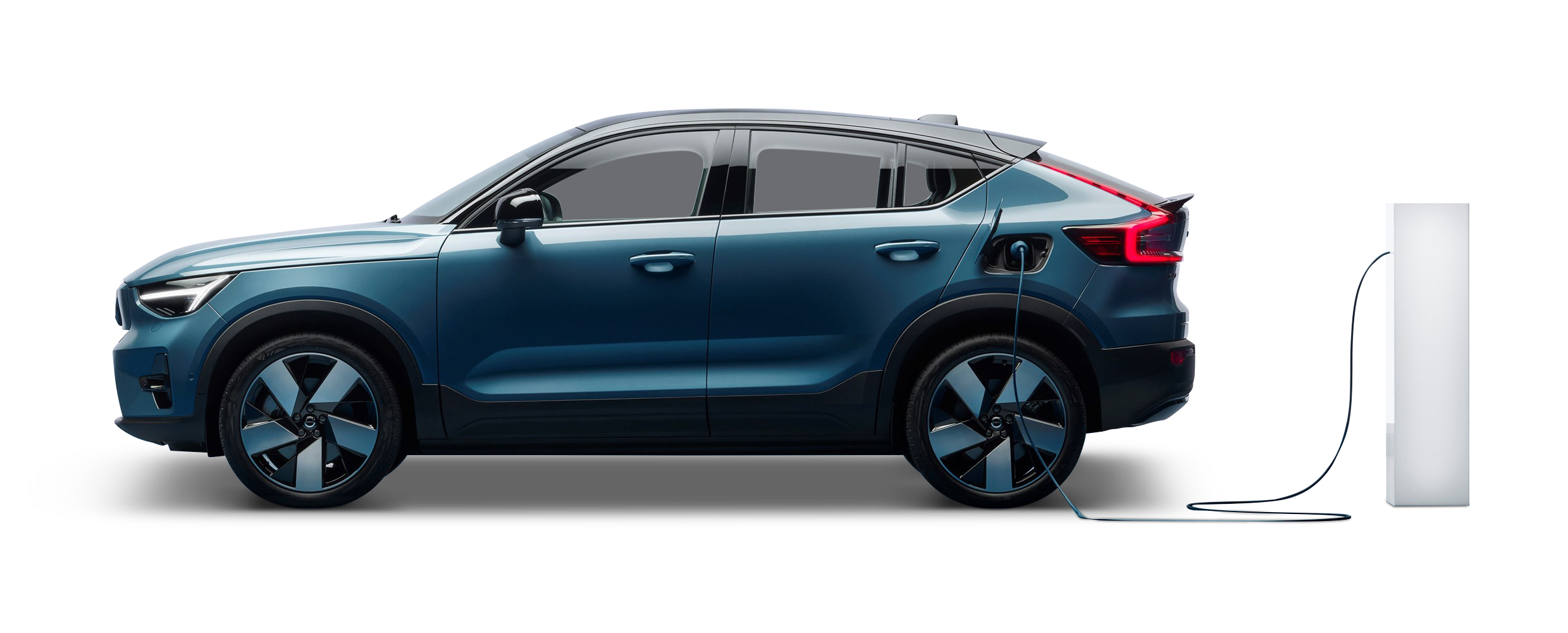The gap between the purchase price of electric vehicles (EVs) and vehicles powered by an internal combustion engine (ICE) is constantly narrowing. On top of this, manufacturers are introducing more and more models of EVs which differ only from their petrol and diesel counterparts in the way they’re powered. It’s making the switch to EVs a more straightforward choice for drivers like you.
But once you’ve decided to make the switch, what about the day-to-day cost of driving an EV in comparison to an ICE car?
It’s here where the difference between the two forms of motoring becomes noticeable – and you might just be surprised at what you’re about to discover.



